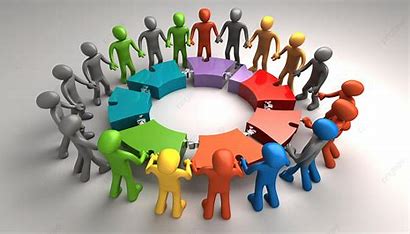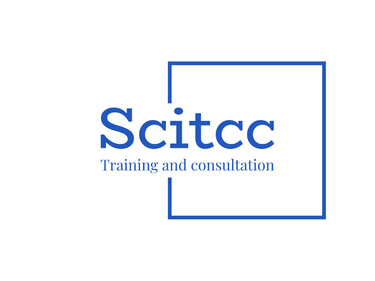
Modern Trends in Three-Dimensional Leadership
Modern Trends in Three-Dimensional Leadership
$3500.00
Day One: Introduction to 3D Leadership
Definition of three-dimensional leadership: the difference between traditional leadership and three-dimensional leadership.
Modern trends in leadership: Understanding contemporary challenges such as artificial intelligence and digital transformations.
Core Skills: Leadership Requirements in the Modern Era and How to Apply Them in Changing Work Environments.
Day Two: Leadership in the Era of Change and Digital Transformation
Leadership in a changing work environment: How to adapt to rapid changes in markets and businesses.
Leadership through Innovation: Encouraging Creative Thinking and Promoting Innovation in Work Teams.
Technology in leadership: Modern leadership tools, such as using analytics and artificial intelligence to improve leadership performance.
Day Three: Emotional Intelligence and Human Leadership
Emotional intelligence in leadership: The importance of self-awareness, emotional regulation, and empathy.
Human leadership: How can leadership enhance psychological well-being and create a healthy work environment?
Interacting with teams: Techniques for building trust and effective communication.
Day Four: Strategic Leadership and Crisis Management
Strategic thinking: Building a long-term vision and achieving a balance between innovation and stability.
Leadership in tough times: Dealing with crises and managing major challenges.
Planning and execution: Leadership strategies to motivate teams and achieve goals.
Day Five: Practical Applications in 3D Leadership
Interactive workshop: Applying concepts in practical scenarios.
Case studies: Analyzing some real-life examples of successful leadership.
Personal assessment and planning: How to develop personal leadership skills according to modern concepts.
Teaching methods
Interactive lectures: Presenting theoretical content with practical examples.
Group workshops: To discuss ideas and exchange experiences among participants.
Case studies: Analyzing real examples from companies and organizations.
Practical activities: To experience leadership skills hands-on.
Group discussions: To exchange insights and opinions on modern leadership trends.
The topics of the "Modern Trends in Three-Dimensional Leadership" course for 5 days may include the following:
Day One: Introduction to 3D Leadership
Definition of three-dimensional leadership: The difference between traditional leadership and three-dimensional leadership.
Modern trends in leadership: Understanding contemporary challenges such as artificial intelligence and digital transformations.
Core Skills: Leadership Requirements in the Modern Era and How to Apply Them in Changing Work Environments.
Day Two: Leadership in the Era of Change and Digital Transformation
Leadership in a changing work environment: How to adapt to rapid changes in markets and business.
Leadership through Innovation: Encouraging Creative Thinking and Promoting Innovation in Work Teams.
Technology in leadership: Modern leadership tools, such as using analytics and artificial intelligence to enhance leadership performance.
Day Three: Emotional Intelligence and Human Leadership
Emotional intelligence in leadership: The importance of self-awareness, emotional regulation, and empathy.
Human leadership: How can leadership enhance psychological well-being and create a healthy work environment?
Interacting with teams: Techniques for building trust and effective communication.
Day Four: Strategic Leadership and Crisis Management
Strategic thinking: Building a long-term vision and achieving a balance between innovation and stability.
Leadership in tough times: Dealing with crises and managing major challenges.
Planning and execution: Leadership strategies to motivate teams and achieve goals.
Day Five: Practical Applications in 3D Leadership
Interactive workshop: Applying concepts in practical scenarios.
Case studies: Analyzing some real-life examples of successful leadership.
Personal assessment and planning: How to develop personal leadership skills according to modern concepts.
Teaching methods
Interactive lectures: Presenting theoretical content with practical examples.
Group workshops: To discuss ideas and exchange experiences among participants.
Case studies: Analyzing real examples from companies and organizations.
Practical activities: To experience leadership skills hands-on.
Group discussions: To exchange insights and opinions on the latest trends in leadership.


